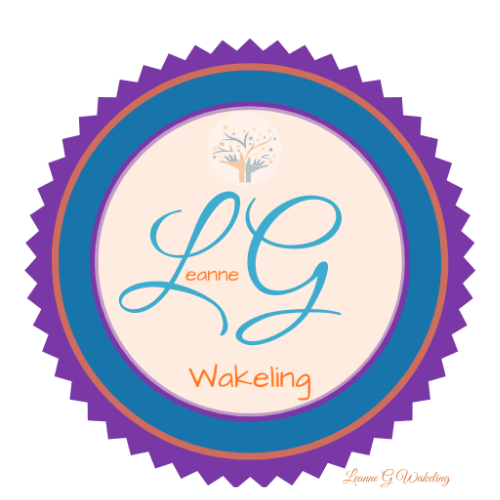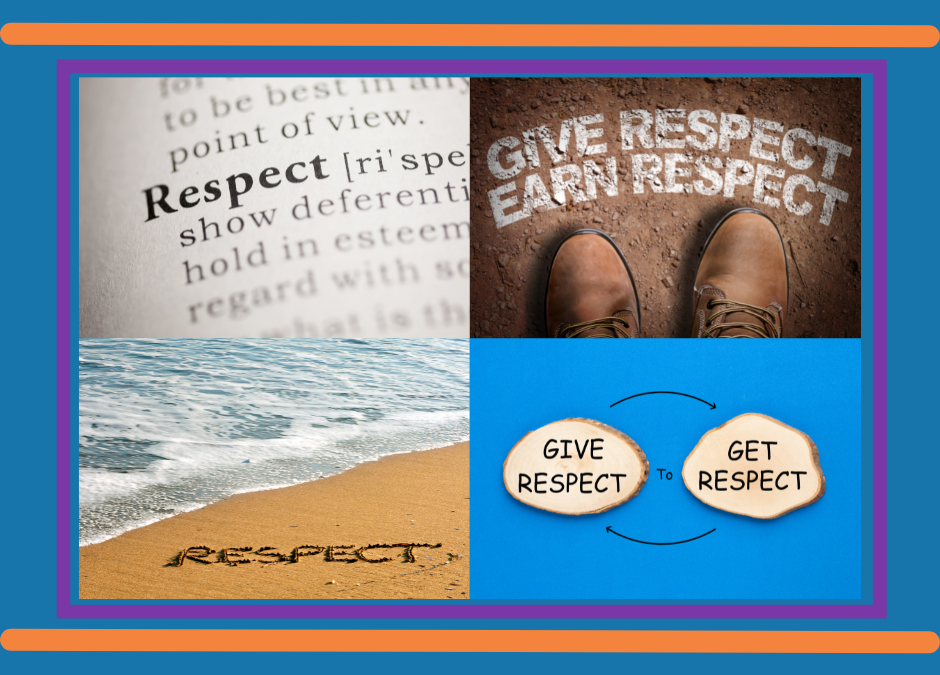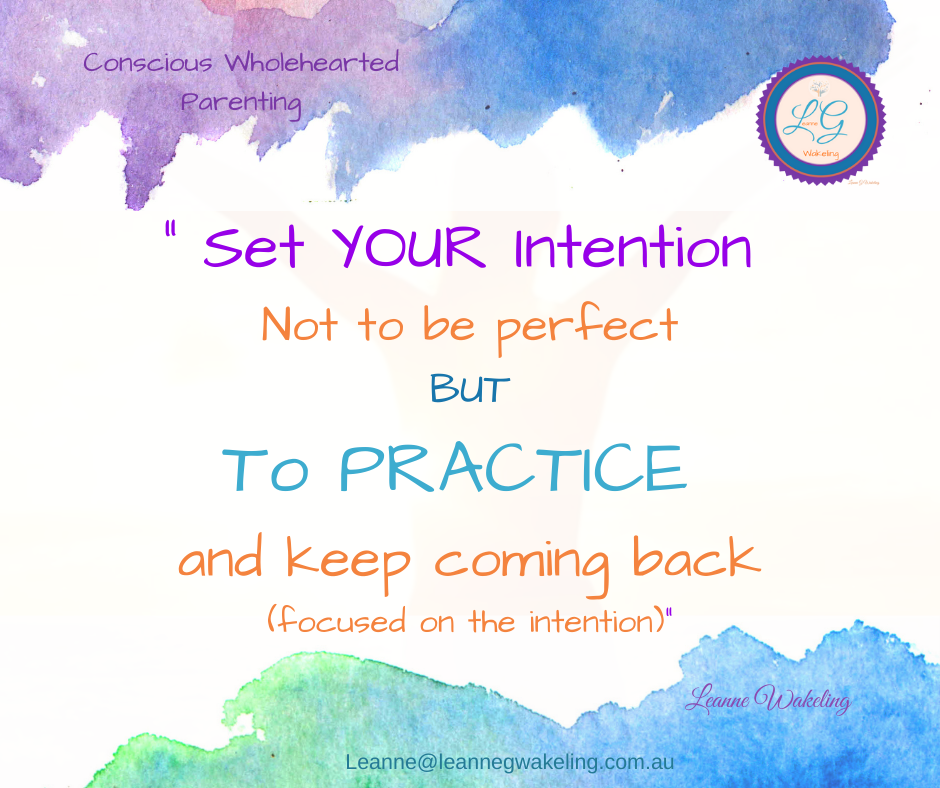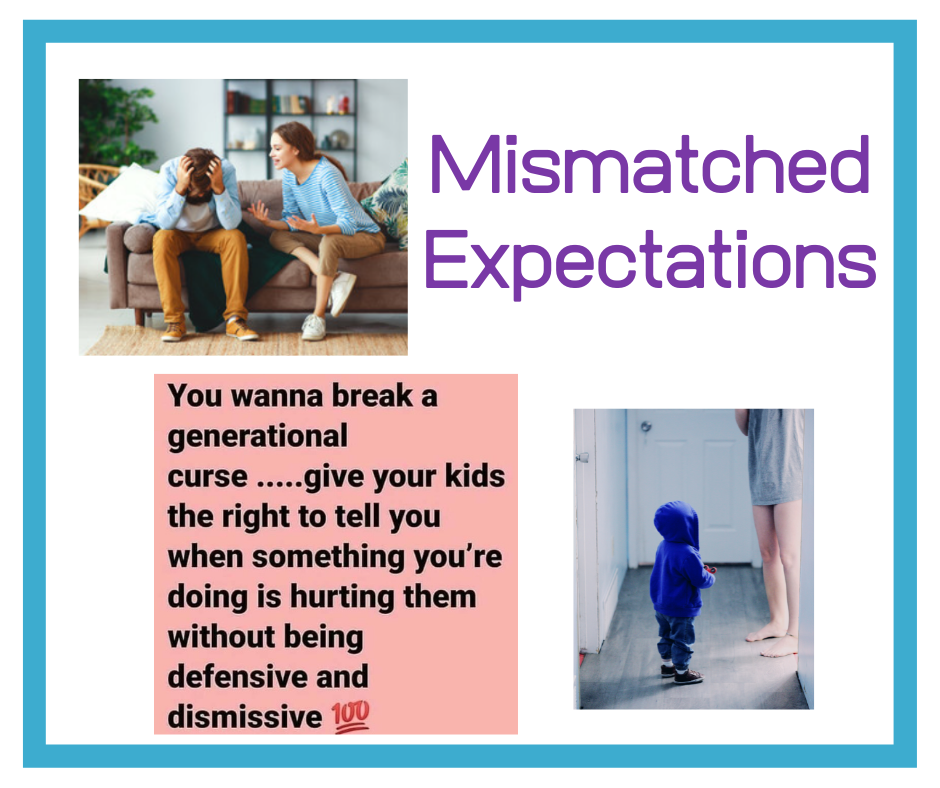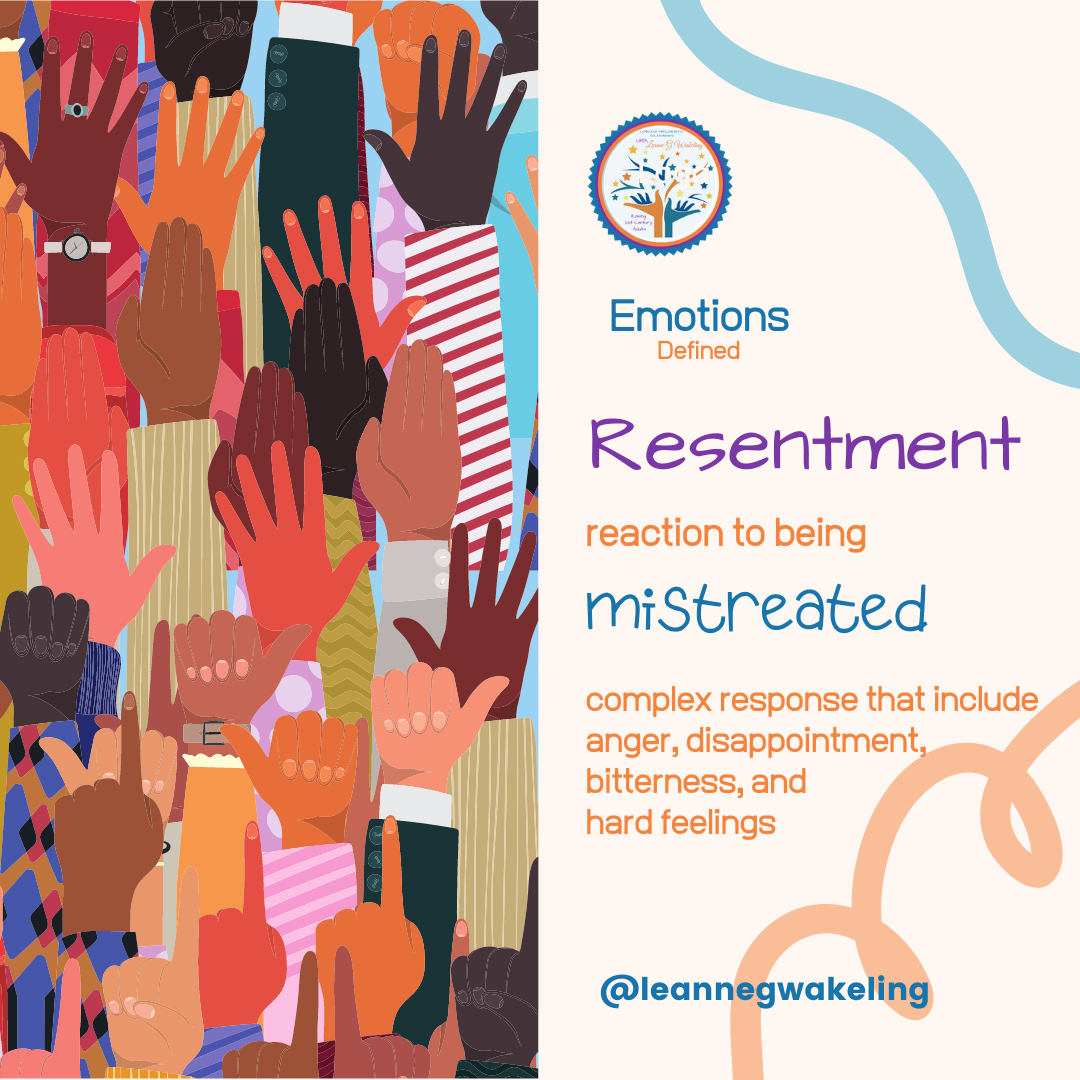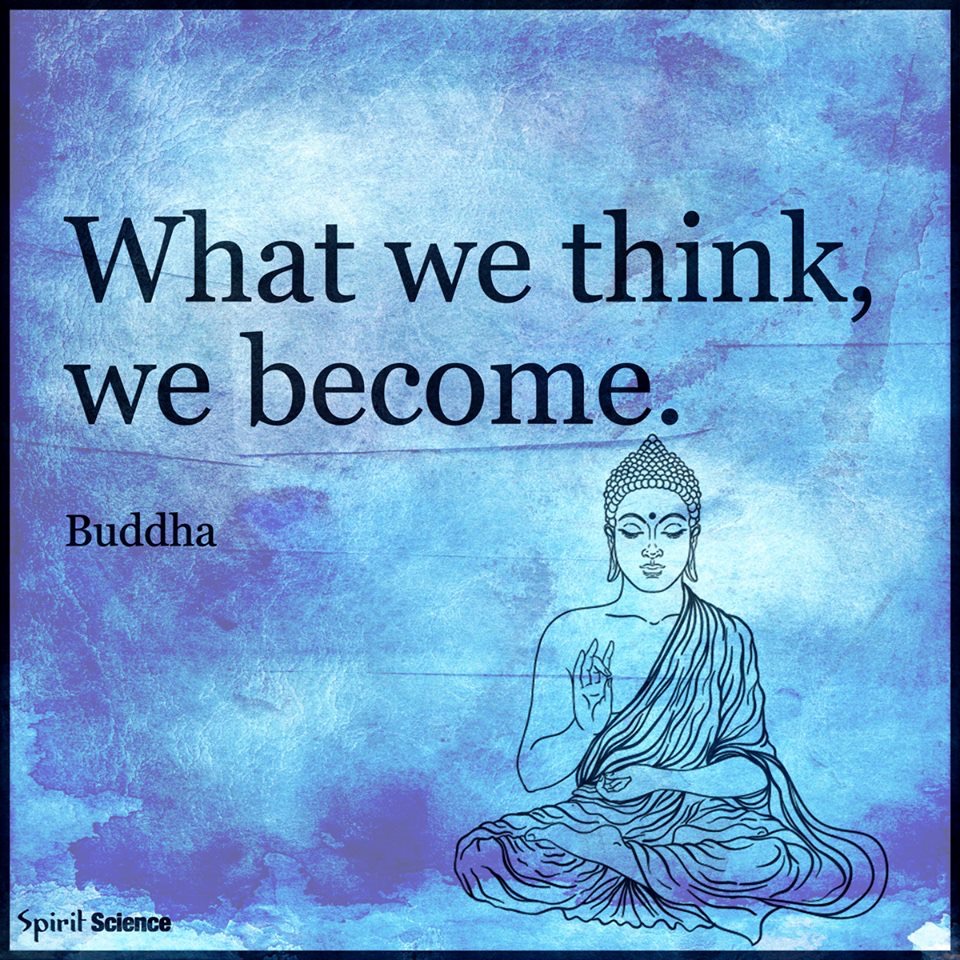Respect can be a big trigger issue for lots of us. It’s a common problem in our parent/child relationship, and often drives resentment in our adult relationships too.
Why is respect important?
Receiving respect from others is important because it helps us to feel safe and to express ourselves.
It’s the core for emotional intelligence, our ability to self-manage our emotional responses.
Being respected by important people in our lives growing up teaches us how to be respectful toward others.
Respect means that you accept somebody for who they are, even when they’re different from us or we don’t agree with them.
Respect in our relationships builds feelings of trust, safety, and wellbeing.
Respect doesn’t come naturally. It’s not an automatic skill, it’s a learned skill. Something we learn through experiencing being respect.
It’s one of the most wonderful and empowering aspects of Emotional Intelligence is that it is flexible and is something we can learn.
Practice makes progress.
Emotional Regulation
Amongst the biggest challenges in building that trust relationship is how we respond if we are feeling disrespected.
It’s especially problematic in our parenting role because as the adult in the relationship, it’s our responsibility to manage our emotions first. Being triggered is not a reasonable justification for reacting, though it may make sense of our reaction. Our role is to be not just bigger and stronger, it’s wiser and kinder too. That means to managed ourselves first, rather than react at their actions.
If we react in a resentful way, we become the problem for our child, instead of being able to work through what needs to be resolved. IE what prompted them to behave in what we believe is disrespectful.
Similar in adult-to-adult relationships.
Case Study.
Your partner doesn’t do something that you’ve asked them to do, that is important to you (eg toilet left clean and tidy seat down etc – real issue).
You make it mean they don’t respect you or listen to you and become resentful choosing to feel disrespected.
It’s a natural extrapolation, except it’s not that resourceful or helpful to building a healthy relationship.
Until you’ve spoken with them without judgement, justification or defensiveness (JJD). (eg. judgement, as in things like “you don’t listen”, justification “well I asked and if you love me you’d have done it” or defensiveness “It’s important to me and I want you to do it).
Avoid Assumption
Instead of assuming what was behind their action, it’s worth parking the JJDs and getting clarity around what was going on for them.
What I notice is we get caught by our EXPECTATIONS, the problem is, that’s about us. What I mean is, to my knowledge there are few kids or partners (or parents) who can see inside our heads and know what we want.
It’s not about giving away our expectations. It’s being able to share what we want in ways that are functional and resourceful with healthy boundaries and accept that this might not be a priority for them.
Meaning, the results may not be consistent with our expectations and healthy boundaries are accepting that their priorities might be different. We need to collaborate to an ecological outcome aka good with you, good with them and good for the greater good.
It’s important that you have respect for yourself but NOT at the cost of someone else and their respect.
When we react with resentment to the perceived disrespect, we inadvertently may trample their boundary and sense of worth. We can trigger shame in them.
It’s a common story as we likely had a similar experience in our background creating the trigger in the first place.
An event in the past where we were called out for not doing something that we “should have known better”, which is where our resentment comes from.
Amongst the Challenges
The different way we see the world. Masculine/Feminine. Introvert/extrovert, Control/concede, male/female.
Survival response – fight, flight, freeze, fawn
Back to the example,
Your partner has forgotten to do something you asked.
Well, the masculine is programmed for focus. It’s about getting things done, winning, being expert. Significance and appreciation are important.
If we react with resentment and hurt feelings, often with the subconscious (or not) intention of making them feel bad.
Their survival mechanism can kick in and the masculine is just as likely to fire up with fight.
We end up driving their push back. Their instinct is seeking to win and take back control.
Now that won’t be all men in this way, because we have both masculine and feminine within us and are we introverted or extroverted.
For the more feminine energy partner is the conceder. They generally don’t like conflict. That doesn’t mean they won’t resent having had their integrity challenged, their survival mechanism presents differently. They’re more likely to stonewall or walk away.
NB – we are always on a sliding scale. A feminine energy partner is NOT a sissy, or effeminate, they are likely to prioritise people and relationships over tasks and results.
It’s not that either version doesn’t want to work things out, it’s that in the moment they may be overwhelmed and aren’t able to repair in the moment.
Human Behaviour 101.
In survival mode we humans cannot listen to hear. Our whole system is devoted to our self-preservation.
What’s more, because it’s a body reaction, it can’t tell the difference between a threat to life, such as the proverbial Sabre Tooth Tiger, and our partner or our child triggering a flooding of emotional response into our blood stream.
Adulting – Assume best intentions first
Most of us can understand big emotional responses in our younger children (even if we don’t like them), and maybe lack grace for that type of behaviour in our older children or our partner.
The big key is parking our own need to be right and validated first. It’s not giving in or letting them win. It’s responding as an adult, wiser and kinder, not just bigger and stronger.
Not necessarily easy, especially for those of us who did not have their emotions and feelings validated as a child. Particularly for those of us who are more volatile and get triggered easily.
It’s not our child’s responsibility to manage our feelings or actions. What I mean is, if we expect them to look out for us first, that’s a form of abuse of power. Not what we intend, though is what happens in action.
And it’s not our partner’s either.
Being our OWN champion
That means being self-aware, loving ourselves first. Without the need for someone else to fill that void for us.
Remember that you are valued and you matter.
What you think and feel is just as important as what somebody else thinks and feels.
And similarly, for them.
In the words of Eleanor Roosevelt – “No one can make you feel bad, without your permission”. Meaning at some level their words hit a cord for us.
Our opportunity is to be thankful for the opportunity to reflect, which is how we get to improve and become the person we were born to be. Empowering our Ultimate Self.
